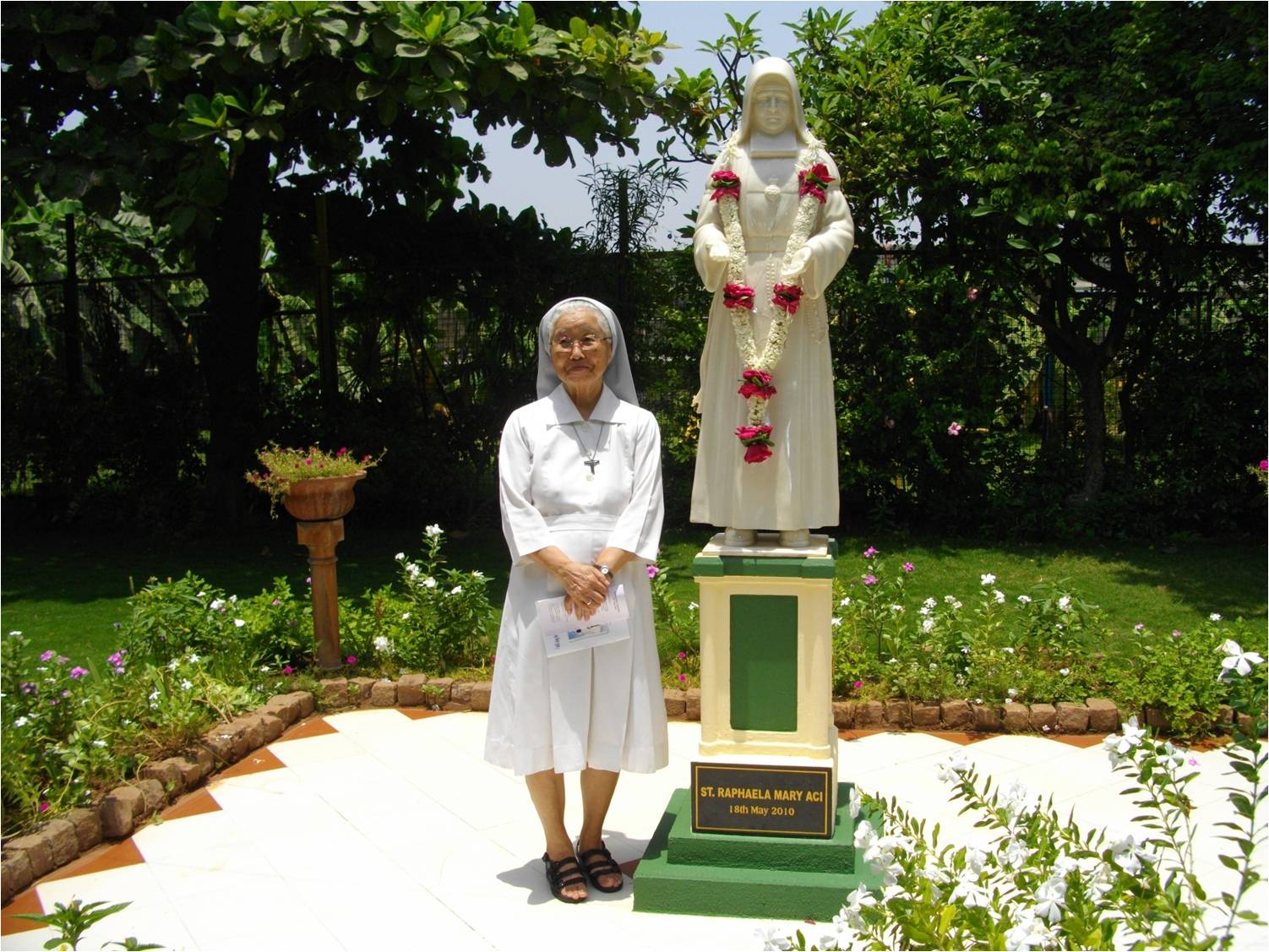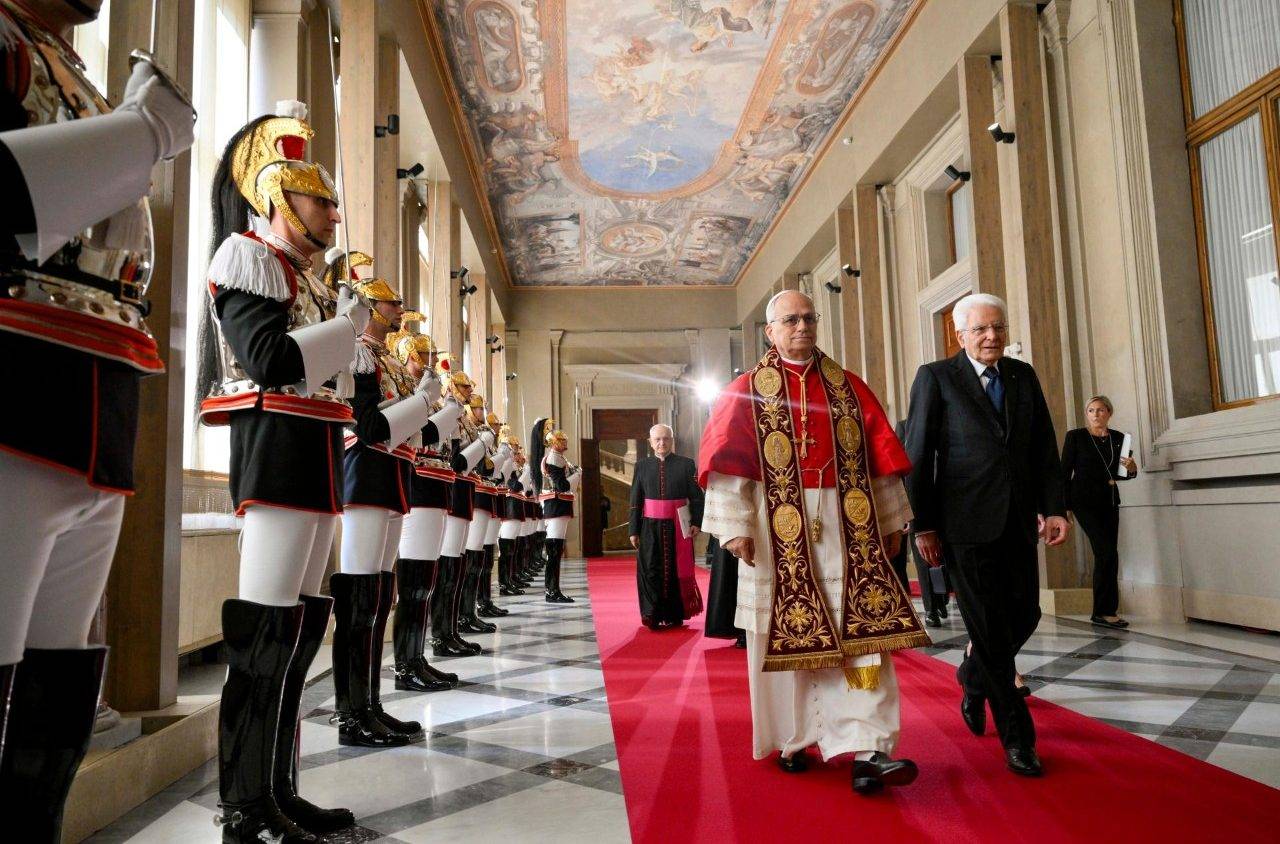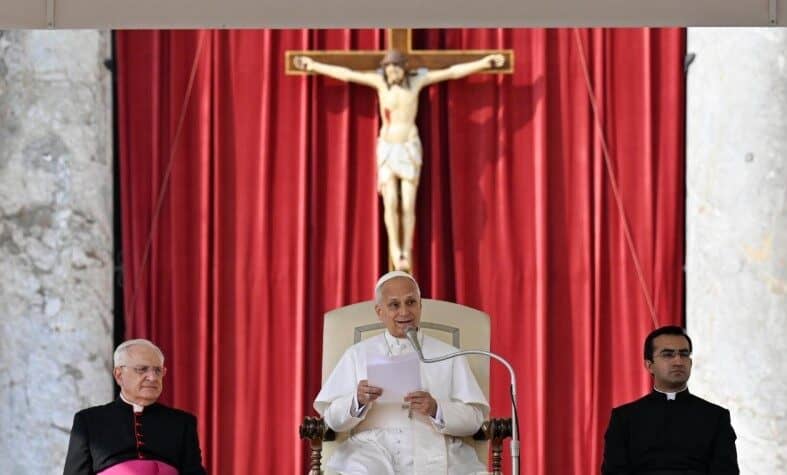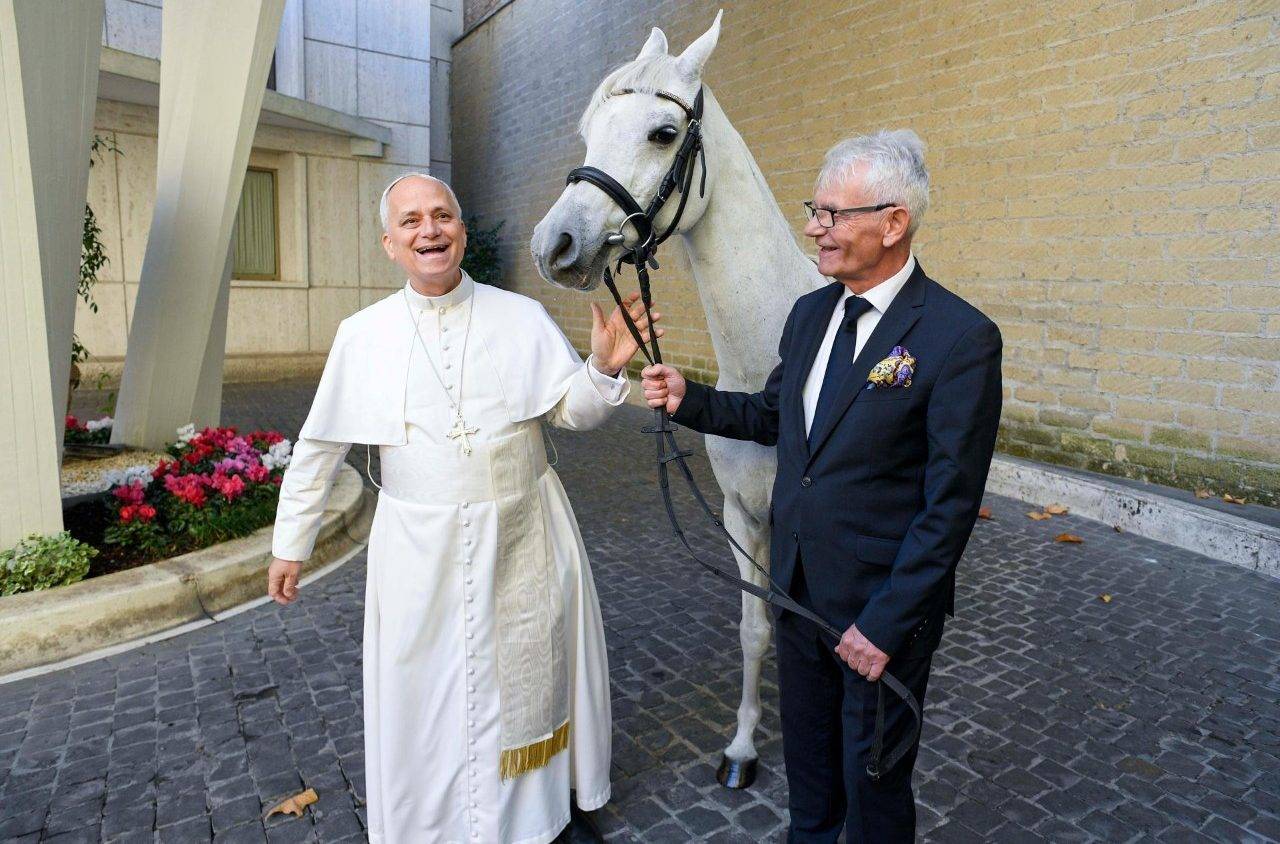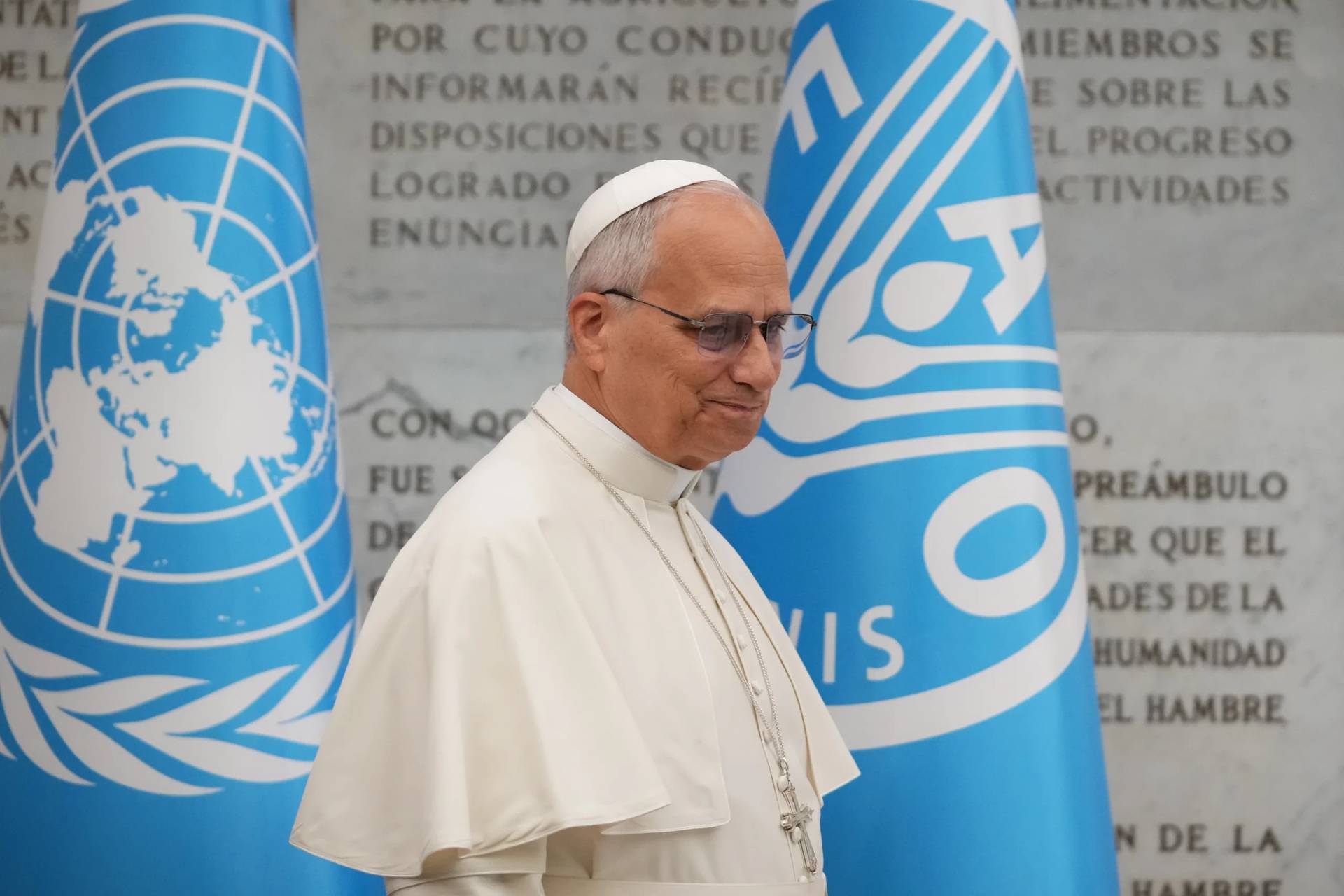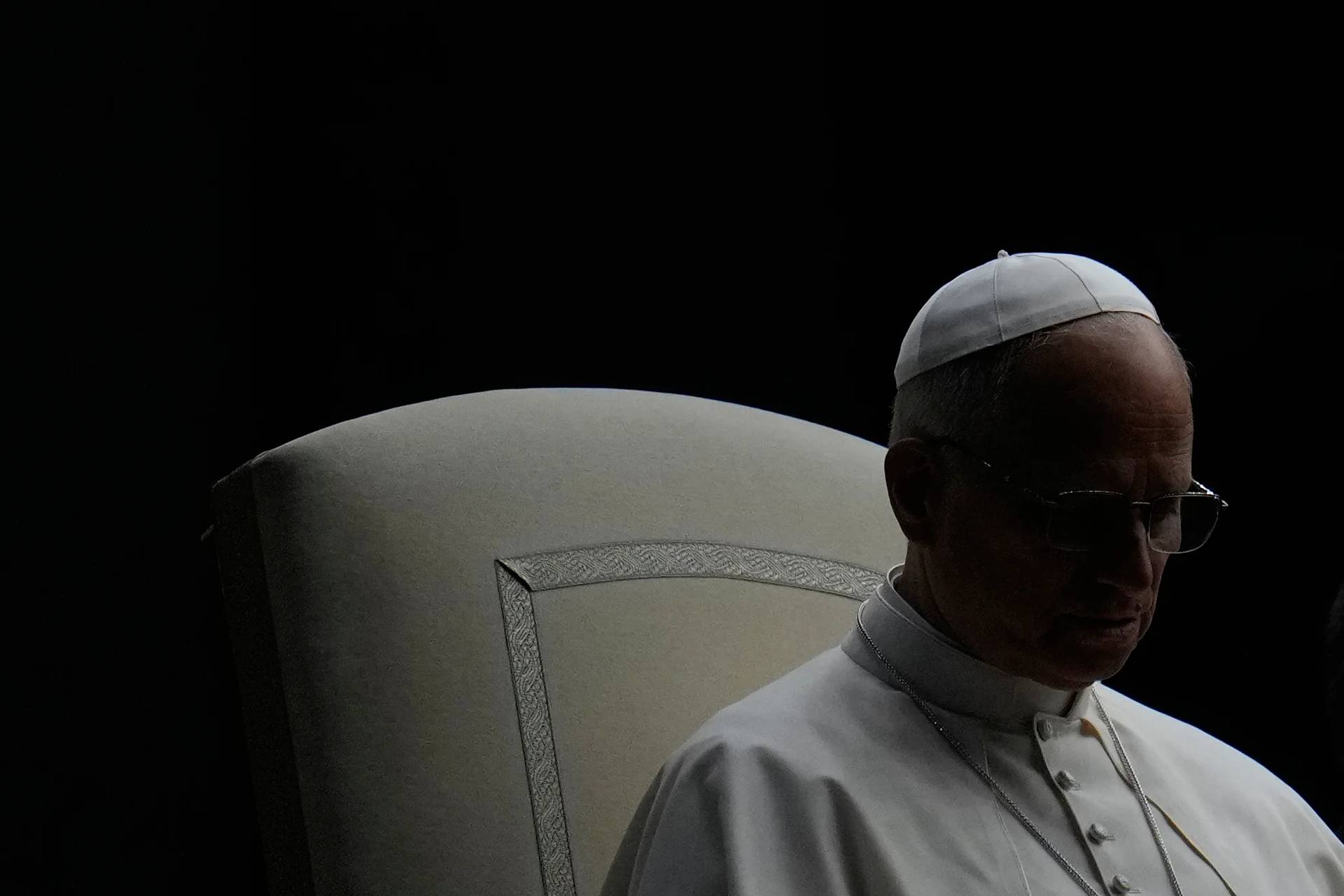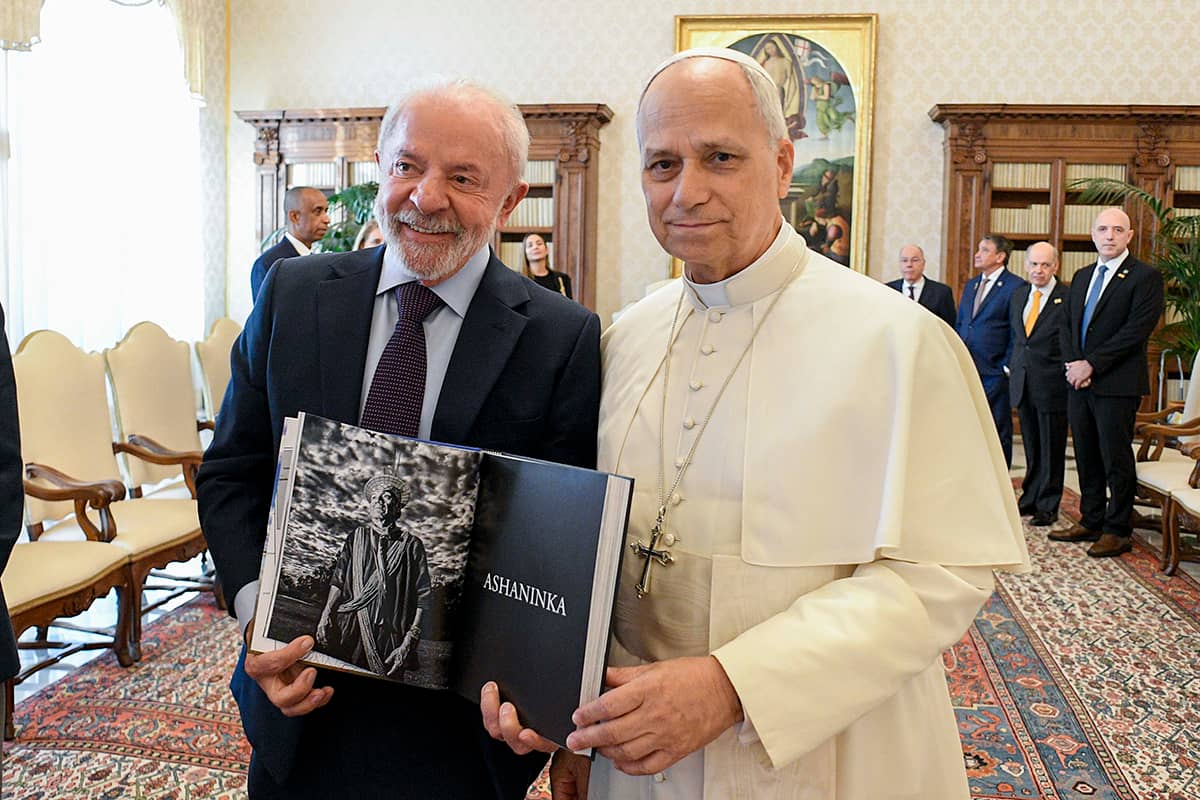MUMBAI, India — When Catholics think about missionaries, they often flash on Europeans or Americans who spend their lives in service to the so-called “Third World.” The story of Sister Asunta Nakade, however, is a poignant reminder that Westerners are hardly the only ones who produce remarkable missionary commitments.
Born in Tokyo, Japan, in 1937, right on the brink of the Second World War, Nakade’s family was Buddhist and her given name was “Keiko.” Her father worked for a trading company, so the family was accustomed to moving frequently.
In the Japanese city of Kobe in 1949, at the age of 12, the young Nakade saw some people in her neighborhood entering a mysterious structure that turned out to be a Catholic church with a relic of St. Francis Xavier, the great Jesuit missionary of Asia.
She was struck by the long line of people to venerate the relic, and something stirred within her – she would later credit St. Francis Xavier with bringing her to the faith.
Nakade enrolled in a Franciscan school, was baptized in 1950 and took the name “Asunta.” Later her mother and brother became Catholics as well, though her father remained a Buddhist.
She eventually entered the Congregation of the Handmaids of the Sacred Heart of Jesus in 1962, having been especially impressed by their devotion to the Blessed Sacrament, along with 20 other novices, and took her final vows in 1972.
Like so many other cases in religious life, her missionary assignment was actually something of an accident. In 1976 another member of the order was set to be shipped off to India, but her visa was rejected and Nakade was asked to take her place. After a quick preparatory course in Dublin, Ireland, she set off for India in July 1976.
Upon arrival she joined a small community of the Handmaids at Dilkhush Convent in Juhu, which is a suburb of the country’s financial capital of Mumbai. At that time five nuns from abroad were running a school for intellectually challenged children.
The transition wasn’t without its complications, but Nakade said she loved the experience.
“It isn’t easy to deal with these children, but our charism, which is to adore the Eucharistic Lord, is the source of my strength and joy,” she said. “The mystical experience of the presence of Christ in the Eucharist was similar to seeing Christ in our children.”
“When God loves these children they become lovable,” she said. “The special children were a special gift that the Lord gave me in India.”
She would end up lecturing on teaching special needs children at a local training center until 2014.
Nakade also got involved in local parish life, and would distribute communion to the sick and homebound even up to the age of 79. She plunged herself into other ministries as well, assisting victims of HIV/AIDS and serving at a local hospital.
“Any poor person who comes will not go away without receiving a cold drink and snacks from Sister Asunta,” said her superior, Sister Bindu Michael.
“She would be very unhappy if they are not served food. She has helped many broken families, rehabilitated them in different places and most of them are doing well,” she said.
Nakade once identified the three pillars of her missionary vocation as “contemplation, communion and compassion.”
She told Crux that she had a tremendous admiration for Mother Teresa, now St. Teresa of Calcutta, whom she met when Mother visited Dilkhush Special School where some of her special needs children were enrolled.
Nakade also said she’s a big Pope Francis fan.
“Pope Francis is a loving and powerful advocate for their inclusion in society,” she said. “A society which accepts a child as they are is a healthy society.”
Now as she nears 80, Nakade is preparing to return to her native Japan – leaving a void, as she’s presently the only Japanese nun serving in India.
She told Crux that the average age of religious women today in Japan is 82, and that at 79 she’ll actually be the youngest member of the community where she’s going, while in India the average age for nuns in 43.
“We are grateful to you, dear Sister Asunta, for all that you have been to us!” Bindu said. “We will surely miss your presence and your smiling face. But we are very much united with you in Spirit, because we will never forget your love, sacrifices and enthusiasm for the mission and your great love for India!
“Sayonara, Sister Asunta!” she said.
